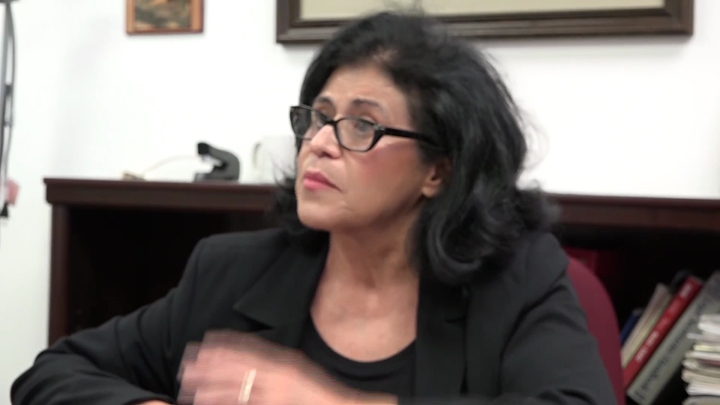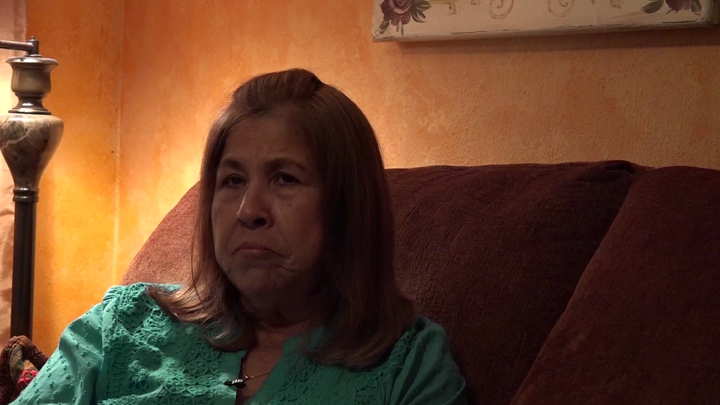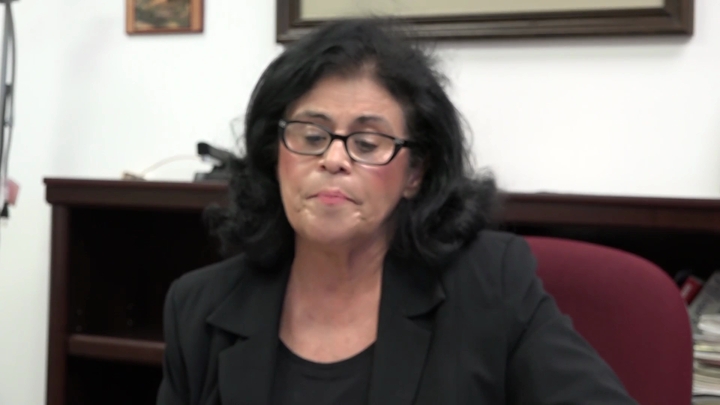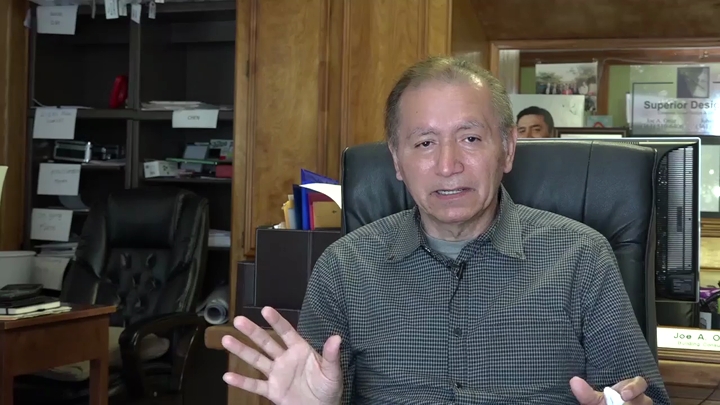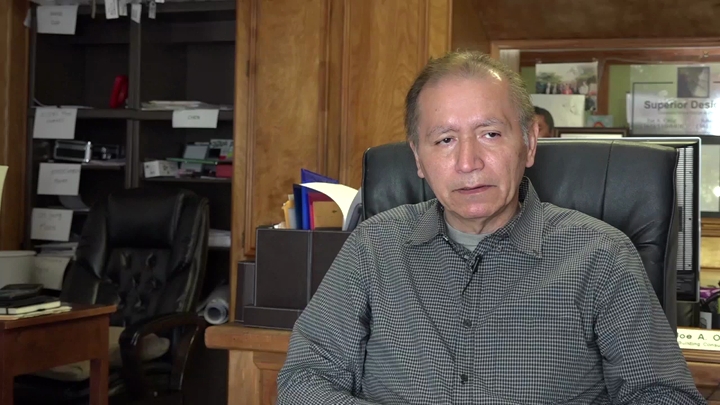Abalos / Conclusion, Part Two
sign up or sign in to add/edit transcript
Moye: Is there anything that we did not ask you about that you think we should include in the Civil Rights in Black and Brown? Abalos: No, I think you are covered everything. And I really appreciate you doing this because so many of the young people do not understand that there was a fight to get where we are today. They should not be blowing it. They should get an education and they should care about their heritage. I am proud to be American but I am also proud to be of Mexican descent. I think we should proud and thank the people that went before then. Like Vicki Gomez, I really I think Vicky Gomez. Vicky Gomez was on the school board at a very difficult time. I do not know if she told you about how people reacted to her when we integrated our schools, but they were free at all to her. She was a big person about taking it so I always thank her for opening the door for someone like me to go on the school board and be as vocal as I was. I thank my husband because he to open many doors for many people. If anything comes out of this, people need to understand that doors were open for them and they should be grateful and understand that there was a fight to get to where we are. Do not blow it. Go to school. Stay in school. There is an epidemic in our country and we have to be careful to take care of ourselves. To watch for our fellow people to make sure that they don’t get involved in this. It is an epidemic and it is hitting us Hispanics and African-Americans and Anglos, all of us. We should be watchful of that. I think the main reason I am really grateful for this is hopefully students will go to this website and see the interviews you have done with people about the struggles, and how it is that we’ve gotten to where we are today. We are not even where we should be. It has been a long fight and now we are not even where we should be. That is the problem. We should have more people that – we should not have the problems with law-enforcement that we do although I don't blame law-enforcement, there has to be a lot of dialogue with in the community on both sides. We should be more represented in the media, economics, and private industry, that was one thing I always looked at when I was on the school board. Wherever I went, or any organizations, I always like to see how many Hispanics are there. And you would be surprised to see how few are still there. It is not as many as you think you should be. Not with our numbers. We should be more represented in every aspect of the community and we are not. Part of it is our fault we should have more representation in the elected positions and neck this community and we don’t. We should and who can we blame but us. Because we should get out and vote. I do not necessarily advocate voting for someone just because of their color. I advocate voting for someone because they are willing to fight for issues or not. Our issues are many of the same ones that we’ve always had, education, employment, the legal system, all of those things.
| Interview | Interview with Delma Abalos |
| Subjects | Citizenship |
| Citizenship › Voting and Voter Registration | |
| Citizenship › Civic Engagement | |
| Citizenship › Political Rights | |
| Electoral Politics | |
| Electoral Politics › Voter Registration | |
| Ideology | |
| Ideology › Cultural Nationalism | |
| Electoral Politics › Local Elections | |
| Electoral Politics › Latino/a Elected Officials | |
| Tags | Gomez, Vickie |
| sign up or sign in to add/edit tags | |
| Interview date | 2016-07-14 |
| Interview source | CRBB Summer 2016 |
| Interviewees | Abalos, Delma |
| Interviewers | Moye, Todd |
| Wisely, Karen | |
| Zapata, Joel | |
| Locations | Odessa, TX |
| Duration | 00:04:32 |
| Citation | "Conclusion, Part Two," from Delma Abalos oral history interview with Todd Moye, Karen Wisely, and Joel Zapata, July 14, 2016, Odessa, TX, Civil Rights in Black and Brown Interview Database, https://crbb.tcu.edu/clips/2264/conclusion-part-2, accessed February 22, 2026 |


